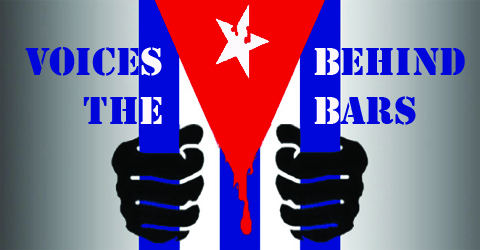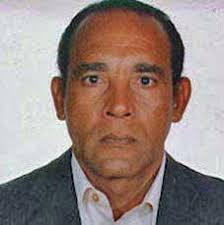
Painting: “Lighthouse” by Seamus Berkley
In no time, life could take a 360 degree turn. Just two months ago my fate was in limbo. I would frequently ask myself, “will I come out dead or alive from this living tomb of men?” I was serving a 20 year prison sentence, of which I had already completed 7 years and 4 months in 3 different maximum security prisons throughout various locations in Cuba. On one unforgettable morning, I heard the voice of Cardinal Jaime Ortega emanating from the phone in the office of the director of Canaleta Prison. The words he told me were very similar to those spoken by the archbishop of Havana to other prisoners of conscience who now live exiled thousands of miles from their homeland. This offer has been turned down by some of the other prisoners who still remain in captivity.
I don’t think anyone has the most minimal idea about how life outside of Cuba is until they get to experience it firsthand. It’s not easy, but my innate optimism is telling me that things will turn out alright. My time in the temporary Red Cross foster center for 2 months has been mixed with questions and stumbles. We now have a new path ahead of us; now my family has official residency in Spain, a work permit, and we are receiving much warmth from the people of Malaga. In a few minutes, I will go out in search of an apartment, enroll Jimmy in school, and try to find myself a job. The latter will probably be the most difficult part, because it is no secret that there are 4 million people unemployed, according to official statistics. Yet, my optimism is multiplying: I should continue onward, carrying the sadness of knowing that Cuba is physically absent from me, but always reassuring myself that she continues living on in my memory.
Pablo Pacheco








